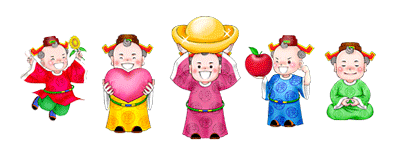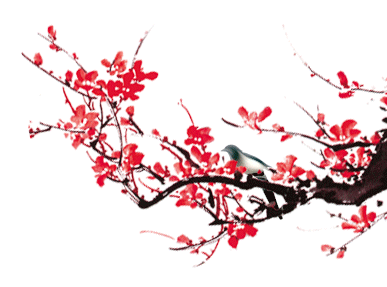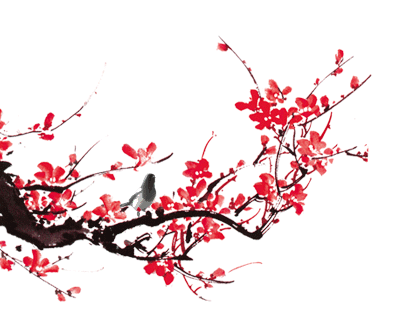It Takes Courage to Admit One's Mistakes
Ting-Ling Huang 2012-07-11

In our modern society, many children are the center of attention in their families. They always get what they want. They are over-protected and even spoiled by their parents. Often those children become self-centered, expect to be treated as "princes" or "princesses" just like their own families do to them and have little or no compassion toward others. They are easily upset when they do not get what they want, or things don't go their way.
One day, a student reported to me on the other student who sat in front of him in class. The one who sat in front denied any wrong behavior. Instead, he accused the other of being a liar. I had a chance to observe the situation during the class. I believed that if the one sitting in front would admit to his wrongdoing, he would have a chance to change and become a better child. So, I decided to talk to him in private.
To make him feel comfortable and agree with me, I asked him "Would you try to listen to what I am going to say?" The student nodded his head agreeably. So I started: "I saw you held a pencil, turn around and face the classmate behind you, and hit a triangle metal piece with the pencil on his desk. Am I right?" He nodded his head again, "Umm". Then I continued, "so your classmate was upset and called you nosy, right?" He agreed again. "And, that made you angry with him, right?" He became speechless. I added, " His words hurt your feeing. Is that right?" He nodded for yes again. "So you said something to upset him, and then both of you got angry and had a fight." He lowered his head in silence. Now, he was able to see his own fault, and did not blame others for what happened. He is now more open-mined for a change.
On another occasion, a student scratched a mark in the table with a ruler, and then yelled to me: "Do you want me to pay for the damages? I have money!" Then he shouted out even louder: "Every child makes mistakes, right? Didn't you make mistakes when you were a child? " His provoking words really make anyone angry. My practice in Tai Ji Men helps me to stay calm in situations like this. I took a deep breath to clear my mind, and tried to find a way to help him. I said to him, "I totally agree with you that everyone makes mistakes at a young age. But did you know the other sentence that goes after that one?" He shook his head, waiting for my answer. I then told him, "It is ‘I would never do that again as a grown-up.' The table is damaged and won't be as good as it was no matter how much you pay for it. What I truly wish for is your repentant heart, do you understand?"
Shifu teaches every dizi to improve ourselves, that is, to "change" ourselves for the best, to get rid of our flaws in order to better ourselves. However, many of us think that ourselves are flawless and have no need for improvement. But that's mainly because we tend not to admit our own wrong doings. It's like leading a self-deceiving life. Of course, I didn't realize all this until there was an incident in my qigong practice.
It happened shortly after I joined Tai Ji Men. I once promised a friend to fill in for her absence at work. I was late for about half an hour because I was lost on the way there. At first, I didn't think it was a big deal. However, I surprisedly found that she was fired because of this. She then complained to me by the phone and refused to pay for my time. I was frustrated and hurt. I then called another friend to complain. But I was even more embarrassed after my friend pointed out my faults. Then my uncle, who is also a Tai Ji Men Dizi, helped me recognize that my unwillingness to admit mistakes was actually coward to apologize to others for my mistake. I was afraid to take the blame so I cried to win sympathy from others.
Through the lesson I have learned that only when one bravely admit one's flaws and apologize to others can he improve himself and become better. The lesson happened after I have joined Tai Ji Men to practice qigong and cultivate myself. Thanks to the experience of admiting my mistakes, I can change myself and progress!



